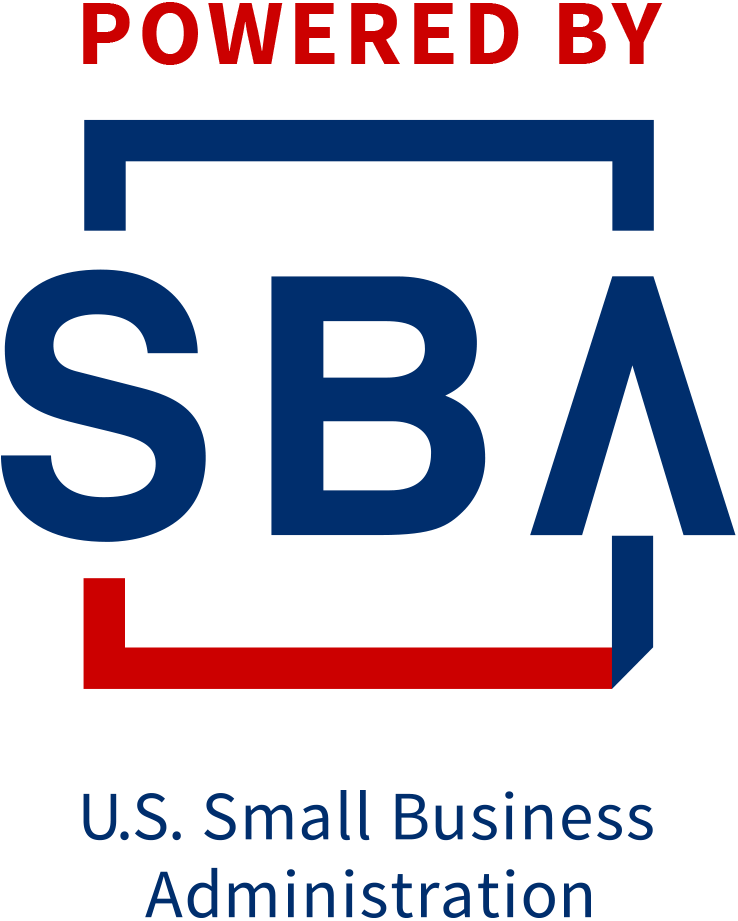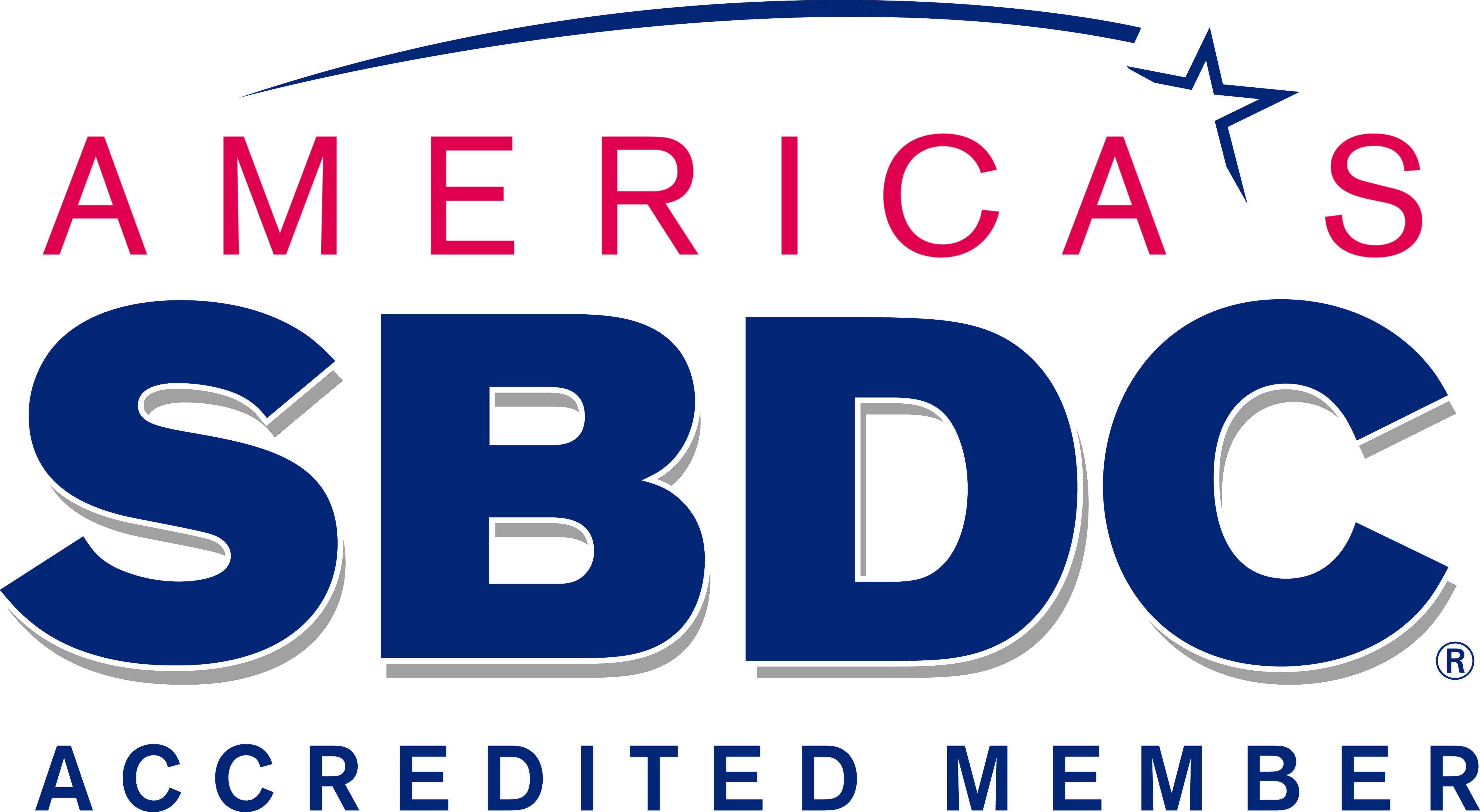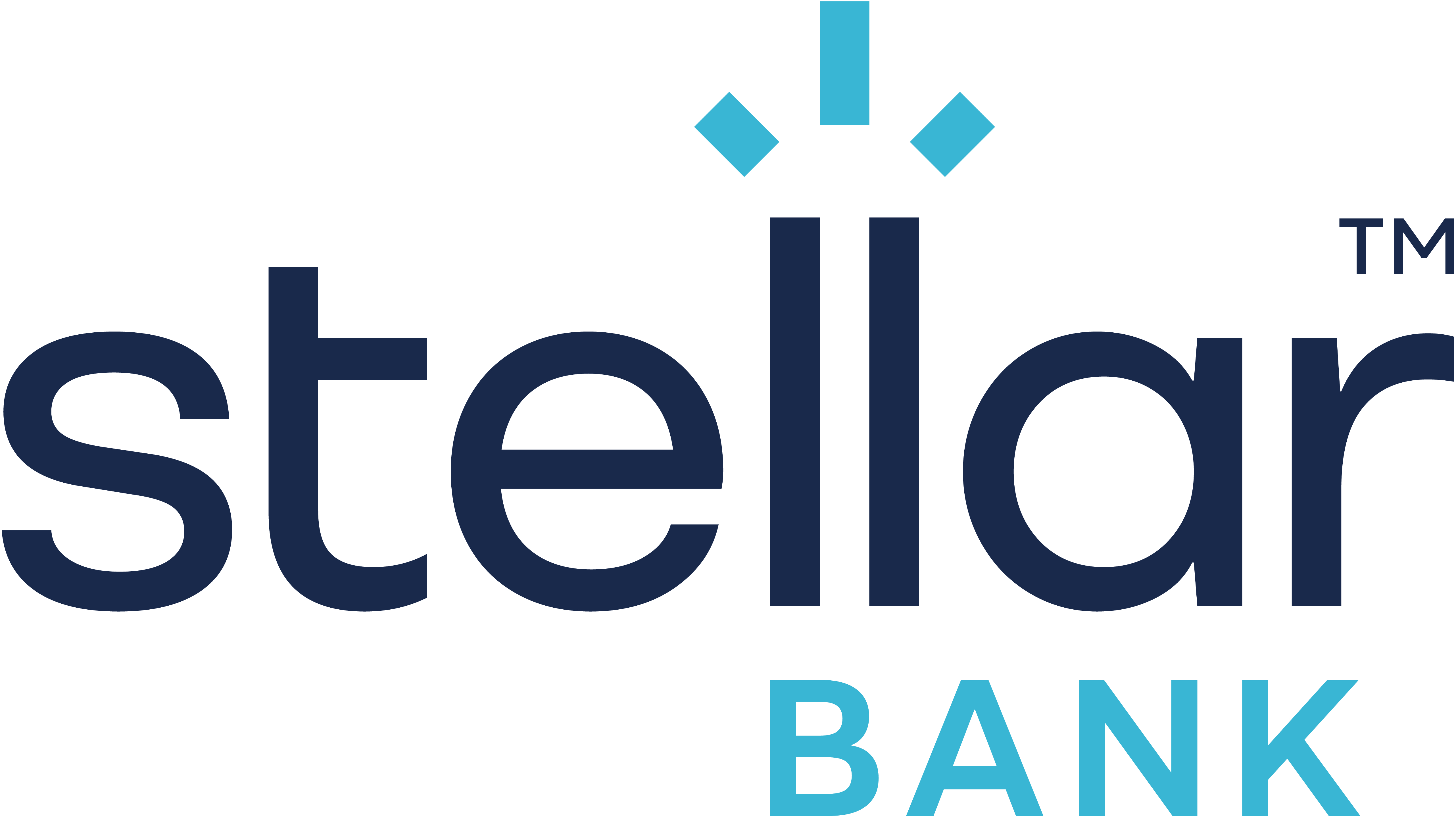What's an EIDL Eligible Business Activity? What You Need to Know
By: Tatyana Parham
Small business owners who have been financially impacted by the COVID-19 (coronavirus) pandemic are able to apply for the Economic Injury Disaster Loan (EIDL), offered by the U.S. Small Business Administration (SBA). In response to the COVID-19 pandemic, the EIDL program offers long-term, low interest federal disaster loans designed to provide economic relief for businesses experiencing a temporary loss of revenue.
An EIDL loan can be used for a range of operating expenses, such as the continuation of health benefits, rent, utilities, payroll, accounts payable, and fixed debt payments. Eligible businesses may qualify for loans up to $2 million, with a 30-year interest rate at 3.75% for small businesses and 2.75% for non-profit organizations. Eligibility for these loans are based on the size and type of business, and its available financial resources.
**Update: As of July 13, 2020, the SBA has concluded the $10,000 EIDL Advance Program, which provided U.S. small businesses, non-profits, and agricultural businesses a total of $20 billion in emergency funding.
To apply for an SBA Economic Injury Disaster Loan, click here.
Small Business Eligibility
What's classified as an EIDL eligible business activity? Any small business with less than 500 employees, including sole proprietorships, independent contractors and self-employed persons, along with private non-profit organizations or veteran organizations, are eligible for an EIDL loan, as long as your business is physically located in a disaster area. (As of this writing, all 50 states have been declared as a disaster area due to COVID-19).
Eligible business activities include:
- Small businesses directly affected by COVID-19
- Businesses that offer supplementary services directly related to the businesses in the declaration
- Businesses that are indirectly related to the impacted industry and are likely to be harmed by losses (for example, a t-shirt retailer may be eligible, as well as the t-shirt manufacturer and wholesaler)
Your business must have a physical address to apply for the disaster loan - PO Boxes don't qualify. Examples of eligible industries include restaurants, retailers, manufacturers, sports vendors, rental property owners, travel agencies, hotels, recreational facilities, wholesalers, etc. The SBA also requires that your business must have been in operation before January 31, 2020.
Determining if your business classifies as a small business, according to the SBA, is based on a size standard that varies by industry, which is typically the average of your annual receipts or the average number of employees. In order to see if your business qualifies as a small business, you can use the SBA's Size Standards Tool.
Other factors to note about loan eligibility:
- Credit Score: When you apply for the EIDL loan, the SBA will perform a credit check. If you don't have "acceptable business credit", as determined by the SBA, other factors may be considered for eligibility, such as your history of on-time rent, utilities, insurance, and other payments.
- Collateral: If you apply for an EIDL loan under $200,000, there are no requirements for a personal guarantee or collateral.
- Other SBA loans: You can still apply for a disaster loan if you currently have outstanding SBA loans. The SBA encourages lenders of outstanding SBA loans to defer payments for up to 12 months for borrowers that are declared in disaster areas. Refer to your lender to see if you're eligible for deferment.
- Small business owners are able to apply for both the EIDL and PPP loans, but you are not able to use the allocated funds from both loan programs for the same purpose.
Private Non-Profit Eligibility
In addition to small businesses, private non-profit organizations may also apply for an EIDL loan. Eligible types of non-profits include nursing homes, food kitchens, museums, educational facilities, senior citizen centers, daycare centers, community centers, shelters, associations, rescue organizations, etc.
An eligible private non-profit organization is a non-governmental entity that has:
- An effective ruling letter from the U.S. Internal Revenue Service, granting tax exemption under sections 501(c), (d), or (e) of the Internal Revenue Code of 1954
- Or satisfactory evidence from the State that the non-revenue producing organization is a non-profit organized to conduct business under State law
Non-profit status can be based on either state or federal tax law, and all non-profits will need to provide tax return to determine eligibility, regardless of loan size. The SBA encourages all non-profits to apply for a disaster loan, even if you're unsure of eligibility.
Ineligible Business Activity
What are some types of businesses that are ineligible for an EIDL loan? Although most small businesses are qualified to apply for a disaster loan, the SBA doesn't deem certain business activity as eligible for assistance.
Ineligible entities include:
- Businesses that are engaged in illegal activities, speculation, multi-sales distribution, or gambling. If more than one-third of a business's annual gross revenue comes from legal gambling activities, it is ineligible for an EIDL loan.
- Agricultural enterprises
- Religious or charitable organizations and government-owned concerts
- Businesses considered hobbies
- Speculative real estate businesses, loan packaging, investment, or lending organizations
If your small business has been negatively impacted by the COVID-19 pandemic, it is suggested you apply for an SBA EIDL loan for access to funds that will help you maintain your business and keep it afloat during these challenging times. Please keep in mind that the SBA ultimately determines business eligibility based on information provided in your application, and loan officers review each loan package to decide what's that best fit for you and your business.
For more information on the SBA Economic Injury Disaster Loan (EIDL) and the Paycheck Protection Program (PPP), click here.







